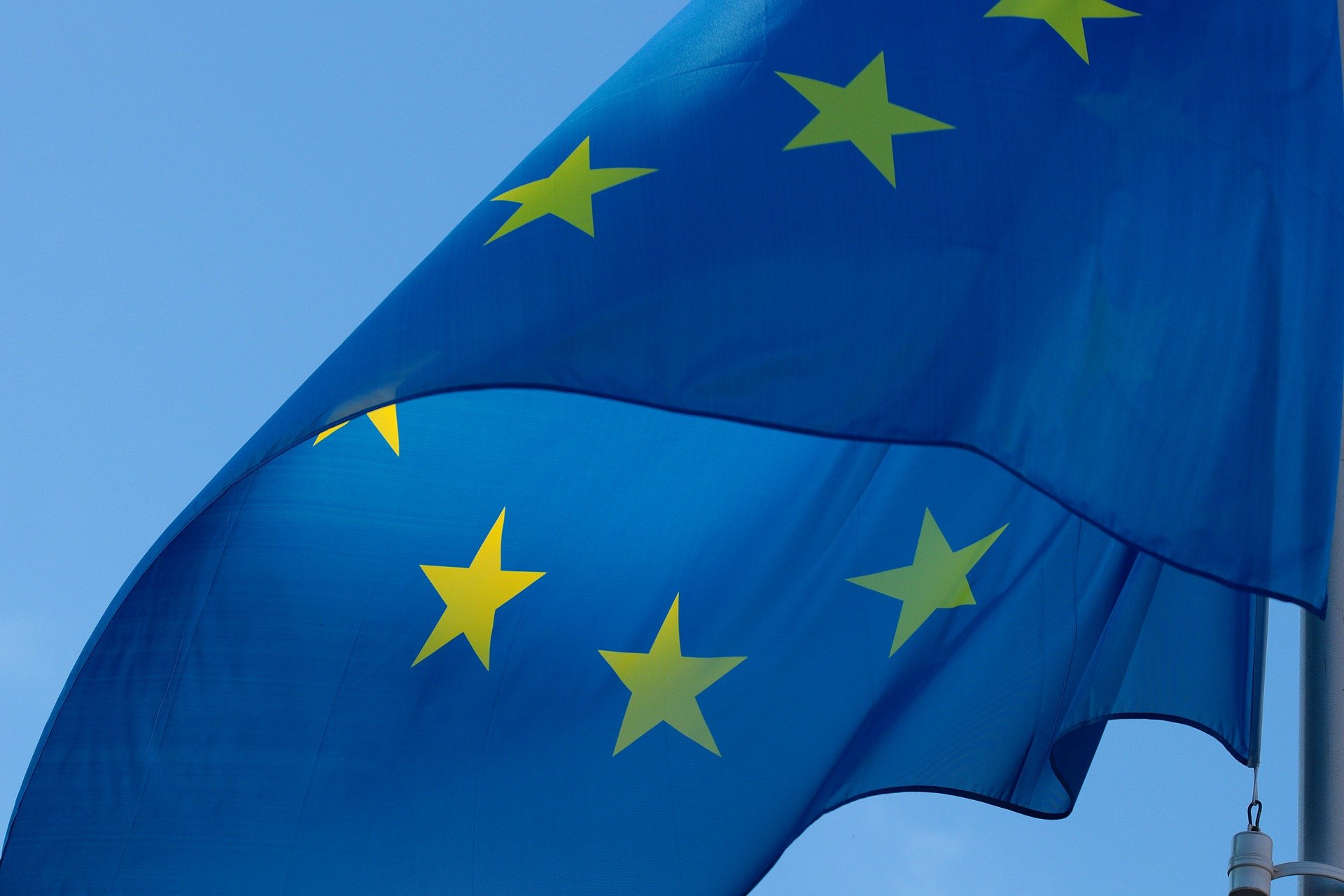Anti-money-laundering: Identifying and closing the remaining loopholes

The EU needs to take an ‘all-hands-on-deck’ approach to tackling money laundering, including the creation of an independent supervisory authority, argues Billy Kelleher.
A quick scour through recent news sites is likely to produce several results of high-profile cases of money laundering with large-value seizures across the European Union.
Money laundering is a crime that governments and authorities have been trying to tackle for centuries. The money both emanates from, and also funds, criminal activities. The crimes and the techniques for money laundering have evolved, but can range from the somewhat petty to – at their most serious – funding terrorism.
These are also crimes that do not respect borders; they can span the globe. In the early 1990s, EU Member States and the European Commission were instrumental in the pioneering work to establish global cooperation on anti-money-laundering (AML).
The Commission was a founding member of the Financial Action Task Force in 1989, an international, intergovernmental body that serves as the global money laundering and terrorist financing watchdog. In 1991, the first EU Directive addressing AML came into force.
“Just as criminals will continue to seek out new innovative ways to circumvent the regulatory framework, it is our job as policymakers and co-legislators to ensure that the framework is as robust as possible”
Over the next two decades the AML Directive was revised several times, but in 2015 the EU AML framework was thrust into the spotlight – and rightly subjected to detailed scrutiny – in the wake of the terrorist attacks in Paris and Brussels, and the subsequent wave of attacks across European cities.
The EU was quick to identify the weaknesses in its own AML framework and to propose legislative changes.
The amendments cracked down on, for example, the ability to purchase pre-paid debit cards anonymously, as well as the use of virtual currencies. But of course, as has always been the case with criminals – where there’s a will, there’s a way.
Criminals across Europe continue to find and exploit weaknesses in the AML framework as well as in miscommunication and disconnection among supervisors.
Take, for example, the Danske Bank scandal, where around €200bn of questionable money was able to flow through an Estonian branch of the Danish Bank, flouting the watchful eye of two supervisors.
It is for these reasons that I strongly welcome the Commission’s 2020 Action Plan for a new single EU anti-money-laundering system. We cannot rest on our laurels. We must continue to identify and close remaining loopholes.
Just as criminals will continue to seek out new and innovative ways to circumvent the regulatory framework, it is our job as policymakers and co-legislators to ensure that the framework is as robust as possible. Recent cases, such as that of the Danske Bank, were partly a result of poor communication among supervisors.
Effectively, the criminals were able to exploit inconsistencies in national implementation of the framework and misalignment of the supervisory authorities. We cannot allow this simple exploitation to continue.
We need a fully harmonised EU framework with a supervisory eye; one that can be cast across the EU to identify any gaps and oversee cross-border activity.
My own political group in the Parliament, Renew Europe, continues to advocate for an ambitious approach to AML, including a proposal for an AML Regulation rather than a Directive, and the establishment of an independent EU supervisory authority.
Frankly, even with a new regulation, it will take an ‘all-hands-on-deck’ approach to tackle the dirty money flowing through our economies. This is not solely the task of the supervisors; there are also key roles for the financial institutions in ensuring that they are alert and responsive to suspicious activity.
Meanwhile, central banks, national financial intelligence units and law enforcement agencies must ensure the systems in place have the capability to identify criminal activity, and that they use their competences to act upon and enforce the framework.
“It is a daunting task ahead for all the players involved in tackling money laundering and terrorist financing. Financial crime is already a highly complex field, and the criminals continue to innovate to exploit the system”
Reflecting on the evolution of money laundering and the development of the AML framework, it is clear to me that a crucial element in the fight against money laundering is ensuring that the coordination, cooperation, and communication among these players is robust and each serves to support one another. Furthermore, the EU must continue to engage at a global level.
It is a daunting task ahead for all the players involved in tackling money laundering and terrorist financing. Financial crime is already a highly complex field, and criminals continue to innovate to exploit the system.
We must ensure we respond and deter the use of our economy for criminal activity. Doing so is vital for instilling trust in the EU’s financial systems and in the euro. But, more importantly, doing so is imperative as money laundering is not a victimless crime.
Article credit: https://www.theparliamentmagazine.eu/news/article/coordination-cooperation-and-communication
